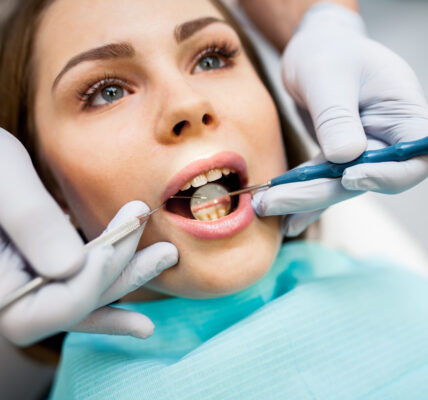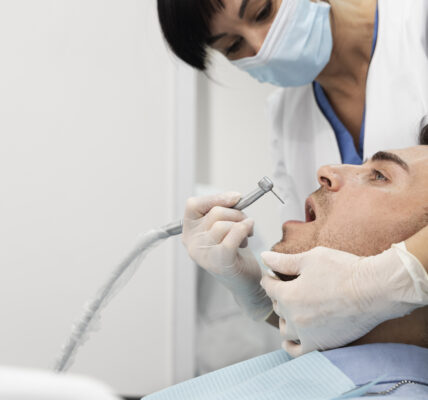In recent years, there has been a growing awareness of the ingredients we expose our bodies to, especially when it comes to skincare products. Two commonly criticized components found in many commercial soaps are parabens and sulfates. The rise of paraben-free and sulfate-free soaps represents a significant shift towards healthier skincare options. In this blog post, we will delve into the reasons behind the increasing popularity of these products and the potential benefits they offer for your skin.
Understanding Parabens and Sulfates:
Parabens and sulfates are chemical additives commonly used in cosmetics, including soaps, to extend shelf life and enhance the product’s texture and foaming properties, respectively. Parabens, such as methylparaben and propylparaben, act as preservatives, preventing the growth of bacteria and mold. Sulfates, such as sodium lauryl sulfate (SLS) and sodium laureth sulfate (SLES), are responsible for the foaming action in many cleansing products.
While these ingredients serve specific purposes, concerns have been raised about their potential impact on human health. Parabens, for instance, have been detected in human tissues and have raised questions about their possible endocrine-disrupting properties. Sulfates, on the other hand, can strip the skin of its natural oils, leading to dryness and irritation. The increasing awareness of these potential drawbacks has led to a surge in demand for paraben-free and sulfate-free alternatives.
Paraben-Free Soaps:
Paraben-free soaps have gained popularity due to the rising concerns about the potential health risks associated with these preservatives. Some studies have suggested that parabens can mimic estrogen, a hormone that regulates various bodily functions. The idea that these substances might disrupt the endocrine system has prompted many consumers to seek alternatives.
Choosing paraben-free soaps can be particularly beneficial for individuals with sensitive skin or those prone to allergies. Parabens have been linked to skin irritation in some cases, and eliminating them from your skincare routine may contribute to a reduction in skin sensitivities.
Additionally, paraben-free soaps are often preferred by those who prioritize eco-friendly and sustainable products. The production and disposal of parabens can have environmental implications, and opting for products free of these additives aligns with a more conscious approach to personal care.
Sulfate-Free Soaps:
Sulfate-free soaps are another category gaining traction in the skincare market. Sulfates, primarily SLS and SLES, are responsible for the foaming action in many soaps and shampoos. While the lather may provide a satisfying cleansing experience, sulfates can be harsh on the skin.
One of the primary benefits of sulfate-free soaps is their gentleness. Without sulfates, these soaps are less likely to strip the skin of its natural oils, preventing excessive dryness. This is particularly advantageous for individuals with dry or sensitive skin, as sulfate-free formulations help maintain the skin’s natural moisture balance.
Furthermore, sulfate-free soaps are often recommended for those with certain skin conditions, such as eczema or psoriasis, where maintaining skin hydration is crucial. The absence of sulfates in these soaps can contribute to a milder and more soothing cleansing experience.
Making the Switch:
Transitioning to paraben-free and sulfate-free soaps can be a positive step towards healthier skincare. However, it’s essential to note that individual reactions to different ingredients vary. Before making any significant changes to your skincare routine, it’s advisable to perform a patch test to ensure compatibility with your skin.
As the demand for cleaner and more natural skincare options continues to rise, manufacturers are responding by offering a diverse range of paraben-free and sulfate-free soaps. From artisanal, handcrafted options to well-established brands, consumers now have a plethora of choices to align with their values and preferences.
Conclusion:
In the pursuit of healthier skincare, choosing paraben-free and sulfate-free soaps can be a wise decision. These alternatives not only address potential health concerns associated with certain chemical additives but also cater to the growing demand for environmentally friendly and sustainable products. By making informed choices about the products we use, we contribute to a collective movement towards a more conscious and mindful approach to skincare, promoting overall well-being for ourselves and the planet.




